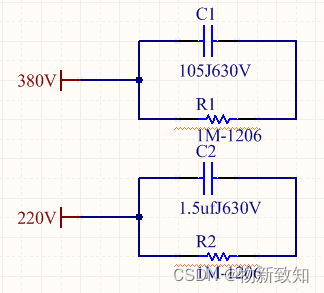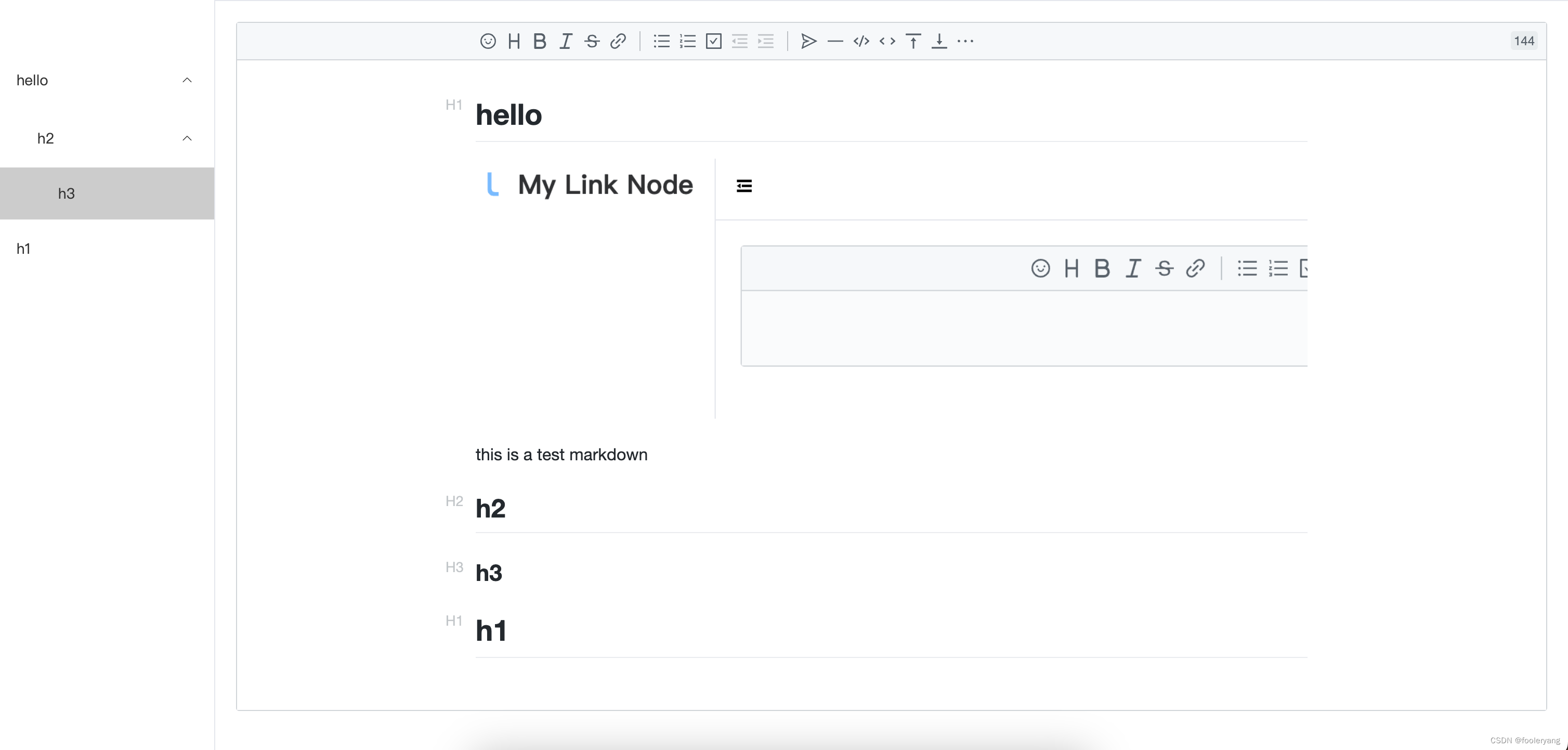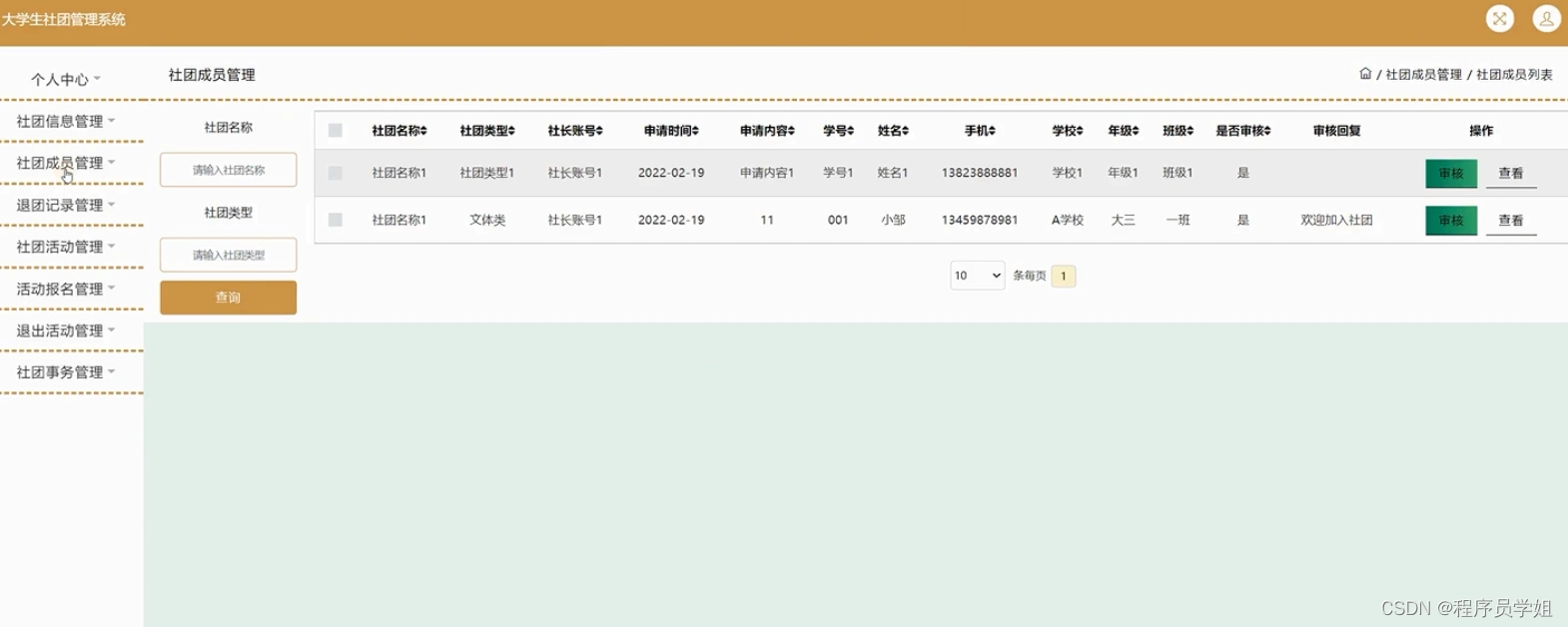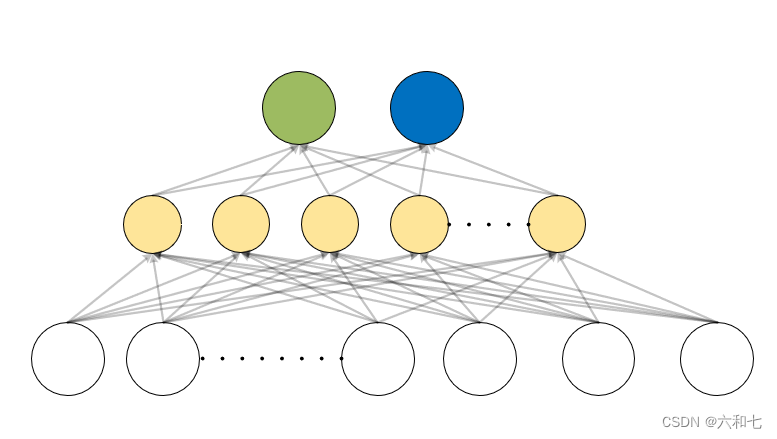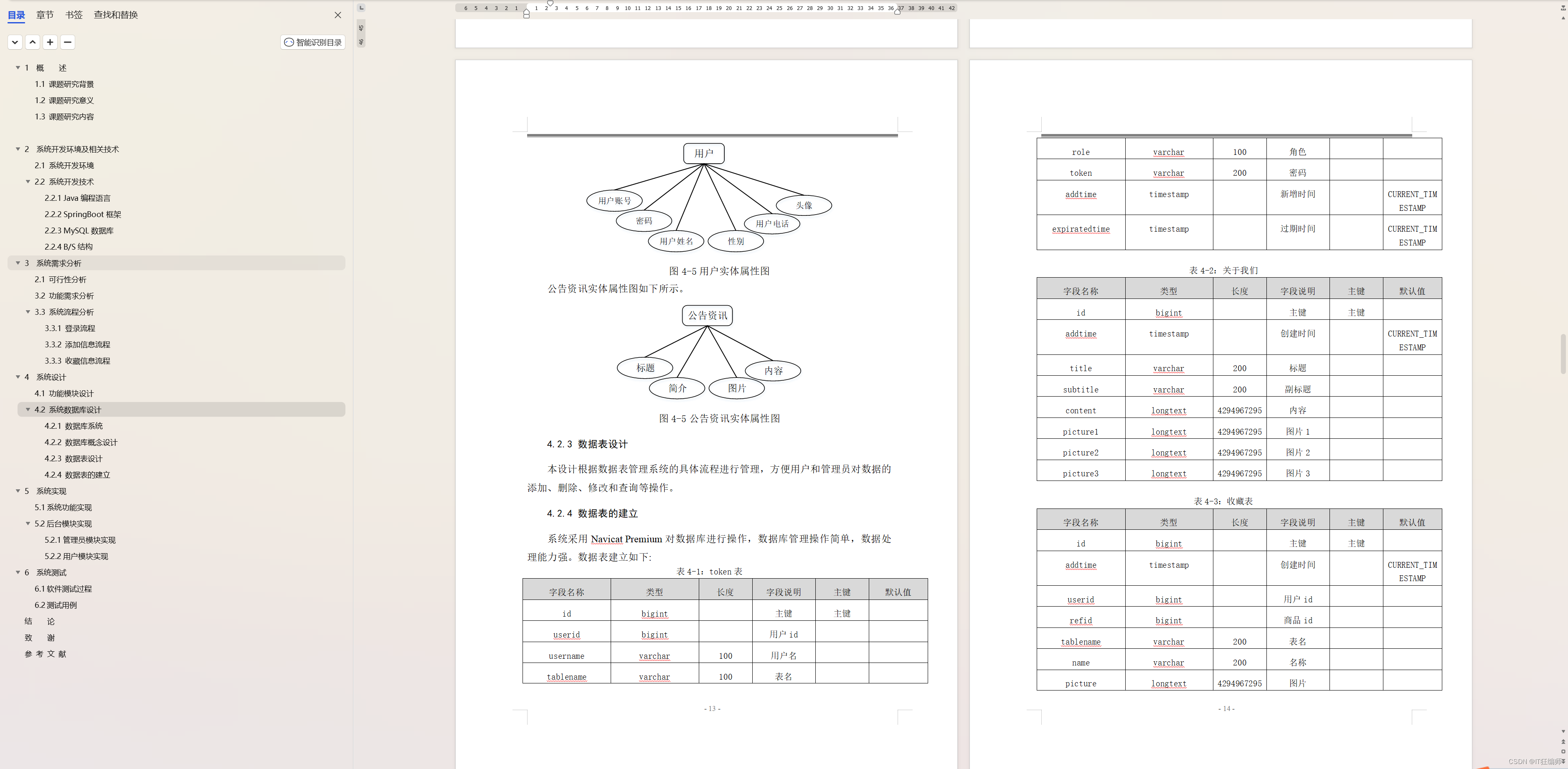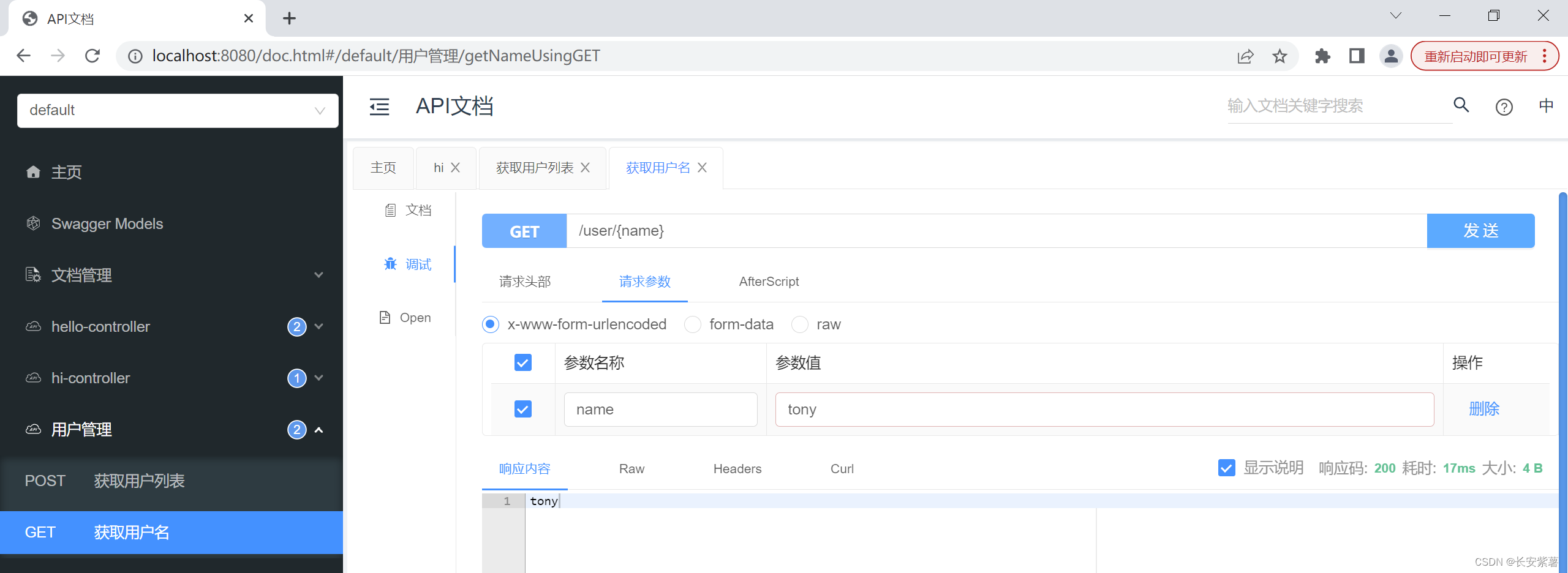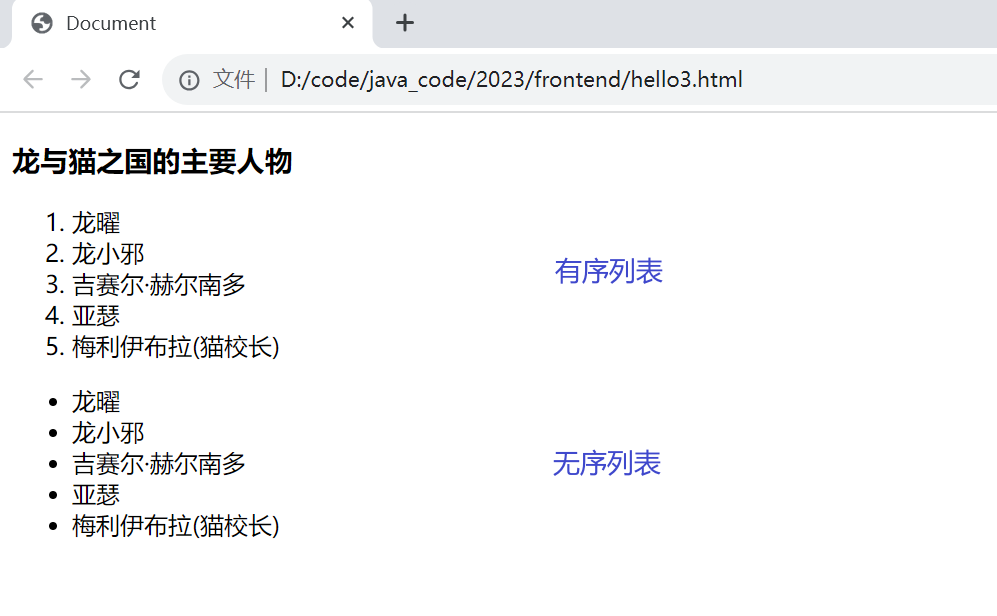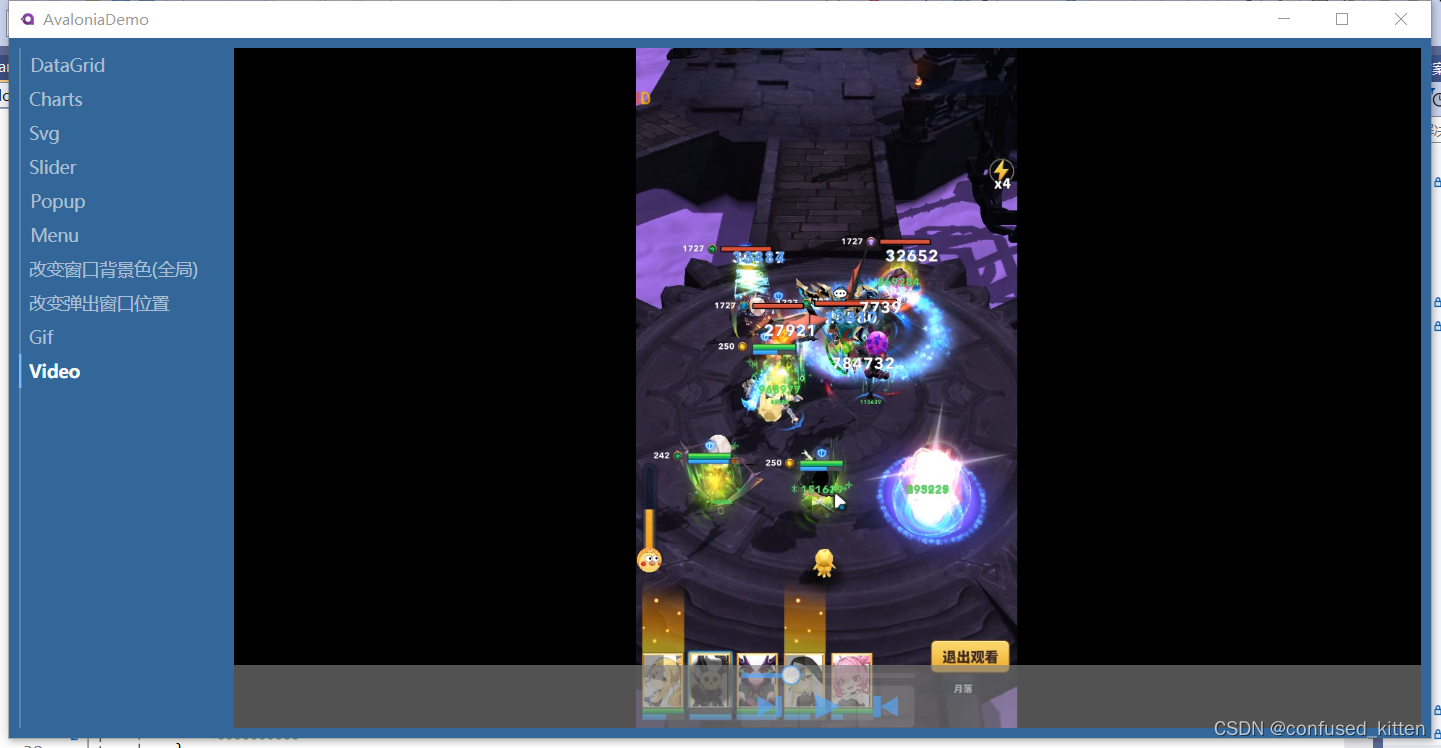
给定一个字符串
s和一个字符串数组words。words中所有字符串 长度相同。
s中的 串联子串 是指一个包含words中所有字符串以任意顺序排列连接起来的子串。
- 例如,如果
words = ["ab","cd","ef"], 那么"abcdef","abefcd","cdabef","cdefab","efabcd", 和"efcdab"都是串联子串。"acdbef"不是串联子串,因为他不是任何words排列的连接。返回所有串联子串在
s中的开始索引。你可以以 任意顺序 返回答案。示例 1:
输入:s = "barfoothefoobarman", words = ["foo","bar"] 输出:[0,9]解释:因为 words.length == 2 同时 words[i].length == 3,连接的子字符串的长度必须为 6。 子串 "barfoo" 开始位置是 0。它是 words 中以 ["bar","foo"] 顺序排列的连接。 子串 "foobar" 开始位置是 9。它是 words 中以 ["foo","bar"] 顺序排列的连接。 输出顺序无关紧要。返回 [9,0] 也是可以的。示例 2:
输入:s = "wordgoodgoodgoodbestword", words = ["word","good","best","word"]输出:[]解释:因为 words.length == 4 并且 words[i].length == 4,所以串联子串的长度必须为 16。 s 中没有子串长度为 16 并且等于 words 的任何顺序排列的连接。 所以我们返回一个空数组。示例 3:
输入:s = "barfoofoobarthefoobarman", words = ["bar","foo","the"] 输出:[6,9,12] 解释:因为 words.length == 3 并且 words[i].length == 3,所以串联子串的长度必须为 9。 子串 "foobarthe" 开始位置是 6。它是 words 中以 ["foo","bar","the"] 顺序排列的连接。 子串 "barthefoo" 开始位置是 9。它是 words 中以 ["bar","the","foo"] 顺序排列的连接。 子串 "thefoobar" 开始位置是 12。它是 words 中以 ["the","foo","bar"] 顺序排列的连接。提示:
1 <= s.length <= 1041 <= words.length <= 50001 <= words[i].length <= 30words[i]和s由小写英文字母组成通过次数
180.3K
提交次数
458.7K
通过率
39.3%
我们可以:首先计算了单个单词的长度和所有单词的总长度,然后使用一个循环来检查字符串中的每个可能的子串。
它维护两个映射,一个用于跟踪当前子串中的单词计数,另一个用于跟踪目标单词计数。如果这两个映射相等,那么当前子串是一个串联子串,将其起始位置添加到结果列表中来处理。
import java.util.ArrayList;
import java.util.HashMap;
import java.util.List;
import java.util.Map;public class Solution {public List<Integer> findSubstring(String s, String[] words) {List<Integer> result = new ArrayList<>();if (s == null || s.length() == 0 || words == null || words.length == 0) {return result;}int wordLength = words[0].length();int totalLength = wordLength * words.length;Map<String, Integer> wordCountMap = new HashMap<>();for (String word : words) {wordCountMap.put(word, wordCountMap.getOrDefault(word, 0) + 1);}for (int i = 0; i <= s.length() - totalLength; i++) {String substring = s.substring(i, i + totalLength);Map<String, Integer> currentWordCountMap = new HashMap<>();for (int j = 0; j < totalLength; j += wordLength) {String word = substring.substring(j, j + wordLength);currentWordCountMap.put(word, currentWordCountMap.getOrDefault(word, 0) + 1);}if (currentWordCountMap.equals(wordCountMap)) {result.add(i);}}return result;}public static void main(String[] args) {Solution solution = new Solution();String s1 = "barfoothefoobarman";String[] words1 = {"foo", "bar"};System.out.println(solution.findSubstring(s1, words1));String s2 = "wordgoodgoodgoodbestword";String[] words2 = {"word", "good", "best", "word"};System.out.println(solution.findSubstring(s2, words2));String s3 = "barfoofoobarthefoobarman";String[] words3 = {"bar", "foo", "the"};System.out.println(solution.findSubstring(s3, words3));}
}

